The Poets’ Sounds – Creating and Presenting New Works of Speech-Music Literature emerges from the boundary between literature and New Music – an aesthetic realm which has hardly been explored until now. In cooperation with the Cologne-based speech art trio sprechbohrer the Lettrétage literary center commissioned six international authors to explore this intersection. During the project, each author will compose one speech-music piece for three voices, which will be musically interpreted and performed by the sprechbohrer ensemble. This artistic work is supported by three production workshops in which the authors and musicians explore their respective approaches and impulses, the potential of the voice as an instrument, the tonal spectrum of speech, and questions of notation. The newly created pieces, performed by the sprechbohrer ensemble, will premiere at a concert in Berlin, before being presented to audiences at literary festivals within Germany and abroad.

The question of how literature can be produced and presented in a transdisciplinary way is one that the Lettrétage has pursued through various projects in recent years. The Literaturlabor (2011-13), the international SOUNDOUT Festival (2014), the CON_TEXT event series (2017), and the PoetryAudioLab (2019) invited authors and artists from different disciplines to develop new forms and formats. The projects often featured collaborative settings and offered the artists involved the opportunity to reflect on and newly define their work, concepts of authorship, audience, reception, participation, and not least their own role as producers of art and literature. The concept of “literature”, what it is, what it can or should be, was made permeable in the process.

The Poets’ Sounds asks: what aesthetic possibilities can be opened up for the creation of contemporary literature when the boundary between poetic language and New Music is deliberately crossed and blurred? At what point does conventional language limit poetry, which is not only rhythmic but also polyphonic? With what artistic languages, notation systems, etc. can these limits be overcome and unimagined potentials be unlocked? How is authorship transformed when it changes register? Does the separation of authorship and artistic interpretation on the one hand, and the subsequent linking to the moment of performance on the other, affect the ways in which literature, the work or the role of author and reader are considered? And what are the practical consequences for artistic production and presentation?
